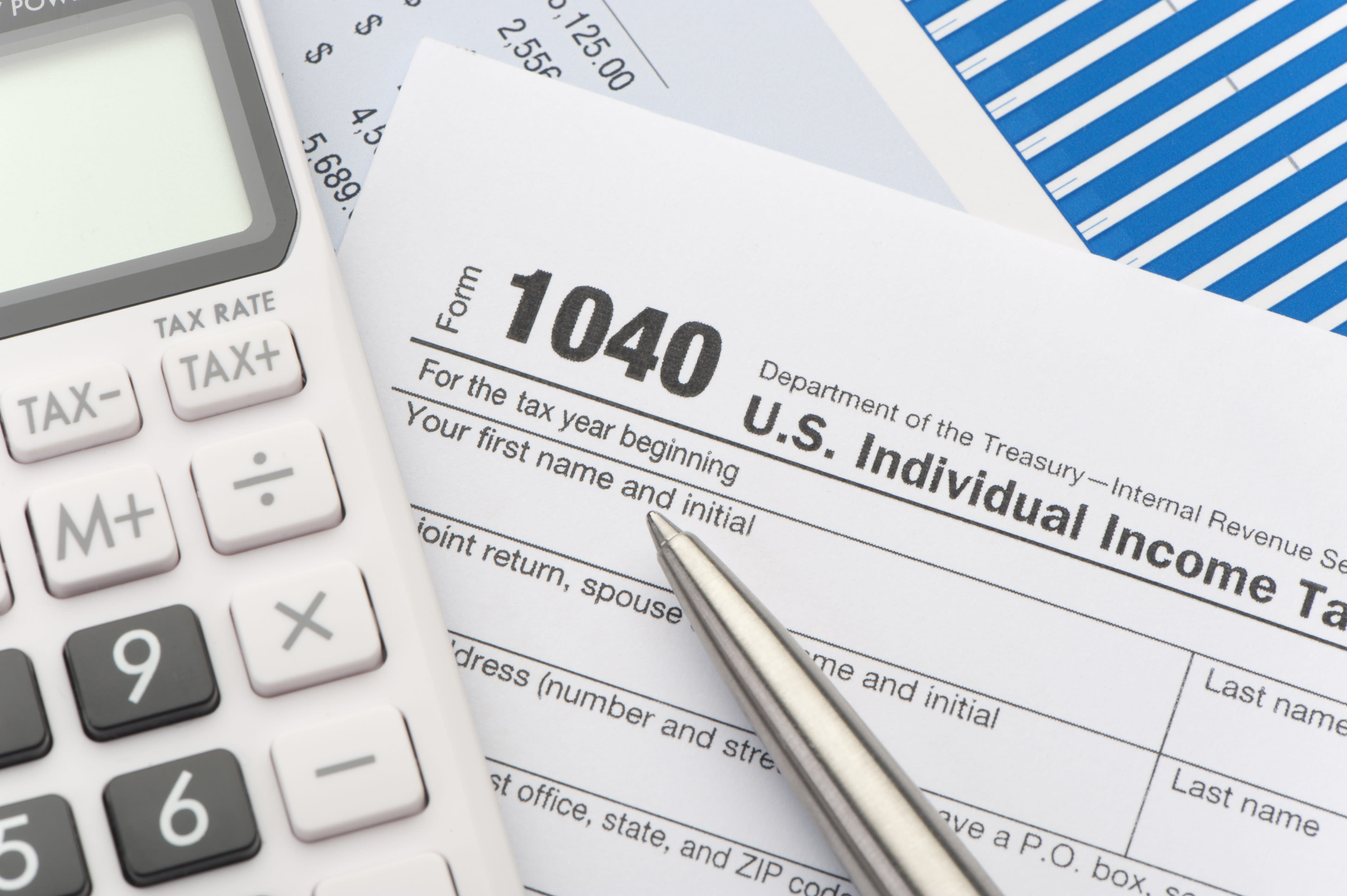What the Data Shows
D.C., Maryland and Virginia didn’t report major changes in how fast the coronavirus is spreading on Wednesday, but hospitalizations slowed.
In D.C., 81 new COVID-19 cases were diagnosed, the second-lowest number this month. Two more Washingtonians died from the virus. Hospital capacity was at 82.1% with 146 people reported hospitalized, down from 158 the previous day.
Maryland’s hospitalizations stayed steady over the past day but the state counted a high number of new cases, 917. It brought the weekly average up slightly, to 867.
We're making it easier for you to find stories that matter with our new newsletter — The 4Front. Sign up here and get news that is important for you to your inbox.
Virginia’s case average fell by one to 863. It’s the first time since December that the commonwealth reported a lower weekly new case average than Maryland. Hospitalized COVID-19 patients fell to 841, which is nearly half the number of hospitalizations Virginia had one month ago.
Fairfax County received 43,000 vaccine doses this week, up from 31,000 last week, officials announced.
Local Coronavirus News
Local Headlines
- Fairfax County has expanded vaccine eligibility to more essential workers within group 1B, including food and agriculture; manufacturing and grocery workers. The county is targeting mid-April for a movement to Phase 1C.
- Stimulus checks are arriving in bank accounts. Here’s information on tracking your payment and what to do if you have trouble.
- The Montgomery County Council announced Tuesday morning it secured a mass vaccination site, but Maryland Gov. Larry Hogan called the announcement premature.
- A COVID-19 outbreak at a Virginia high school is linked to a recent cheerleading competition in Richmond.
- D.C. is set to allow some live entertainment to resume and loosen some other restrictions starting March 22.
- The Nationals, whose season opener is set for April 1 at Nationals Park, will be permitted to admit 5,000 fans for their game against the New York Mets.
- Maryland courts are moving into a new reopening phase.
- Eligible Marylanders who want a COVID-19 vaccine can now preregister for a shot at a mass vaccination site using a new statewide system.
- The News4 I-Team has been tracking the data and found despite older and medically vulnerable residents being eligible for vaccines for several weeks, 39.9% of the doses administered in the District have still gone to people who don't live there.
- AMC Theatres in Prince George's County will reopen March 19.
- Amid concerns that Maryland isn't distributing vaccines equitably, Gov. Hogan and Prince George’s County Executive Angela Alsobrooks announced that more shots will be set aside at a mass vaccination site for county residents.
- D.C. launched a new vaccine pre-registration system. Here are your questions about it, answered.
- Maryland lifted capacity restrictions on restaurants, bars, religious facilities and gyms March 12, but several safety precautions will remain in place, the governor announced. Montgomery and Prince George's counties each announced their own rules.
- Other than supply, equity continues to be one of the biggest issues plaguing the rollout of the COVID-19 vaccine in Maryland.
- A story to make you smile: A Maryland EMT reunited with his grandmother after a year by giving her the COVID-19 vaccine.
- The District’s high-capacity COVID-19 vaccination clinics received rave reviews from many residents who showed up for their one-shot dose of the Johnson & Johnson vaccine.
- A year after Maryland Gov. Larry Hogan declared a state of emergency following the state’s first three confirmed cases of COVID-19, one of those patients says she's still traumatized by social media reaction to her diagnosis.
- NBC News is making finding information on when, how and where to obtain your coronavirus vaccination easier with its Plan Your Vaccine website.
Key Charts and Graphs
The vaccinated population in D.C. may be overestimated in this map because some non-residents who work in D.C. are included in the totals.
Vaccination Portals by County
As vaccinations in our region ramp up, here's a look at local portals residents can use to sign up for vaccination appointments or sign up to receive alerts.
- Washington, D.C. signups – vaccinate.dc.gov
- Maryland signups – www.marylandvax.org/ and covidvax.maryland.gov
- Virginia pre-registration– https://vaccinate.virginia.gov/preregister.html
- Montgomery County – www.montgomerycountymd.gov/covid19/vaccine/
- Prince George's County – www.princegeorgescountymd.gov/3730/COVID-19-Vaccination
- Howard County – www.howardcountymd.gov/Departments/Health/MM-Alerts-and-Recalls/COVID-19-Vaccine
- Anne Arundel County – aahealth.org/covid-19-vaccine-faq/
- Fairfax County – www.fairfaxcounty.gov/health/novel-coronavirus/vaccine
- City of Alexandria – www.alexandriava.gov/health/info/default.aspx?id=119270
- Loudoun County – www.loudoun.gov/covid19vaccine
- Prince William County – coronavirus.pwcgov.org/vaccine-information/ & VDH
How to Stay Safe
Anyone can get COVID-19. Here are three simple ways the CDC says you can lower your risk:
- Wear a snug-fitting mask that covers your nose and mouth.
- Avoid being indoors with people who are not members of your household. The more people you are in contact with, the more likely you are to be exposed to COVID-19. If you are indoors with people you don’t live with, stay at least six feet apart and keep your mask on.
- Wash your hands often, especially after you have been in a public place.




